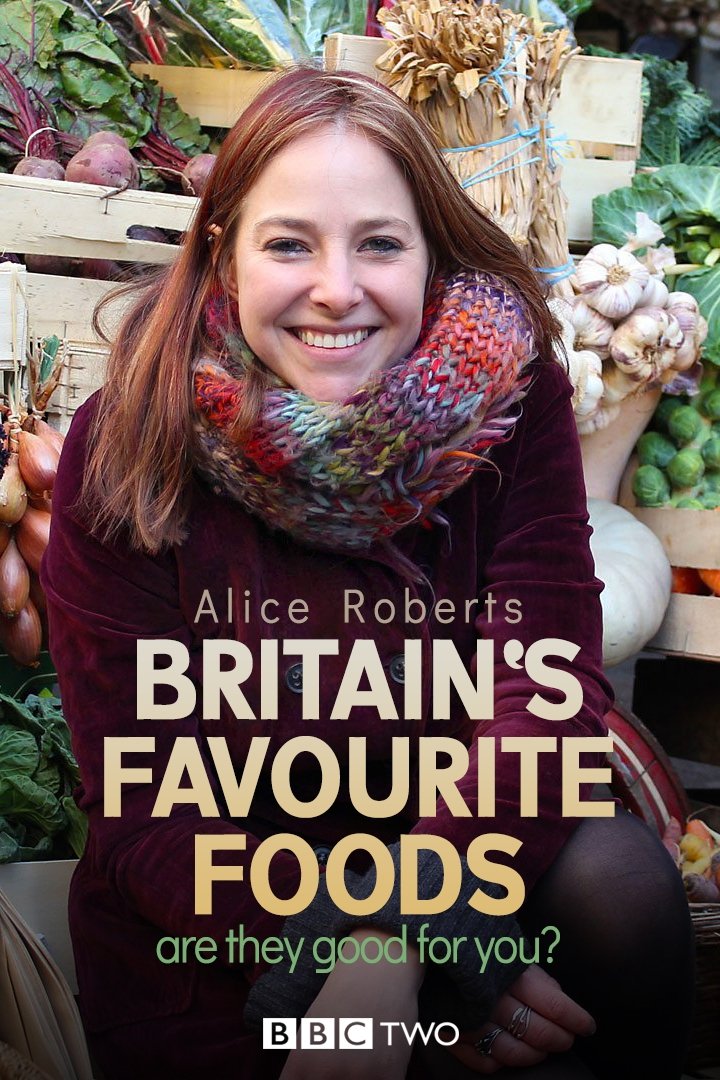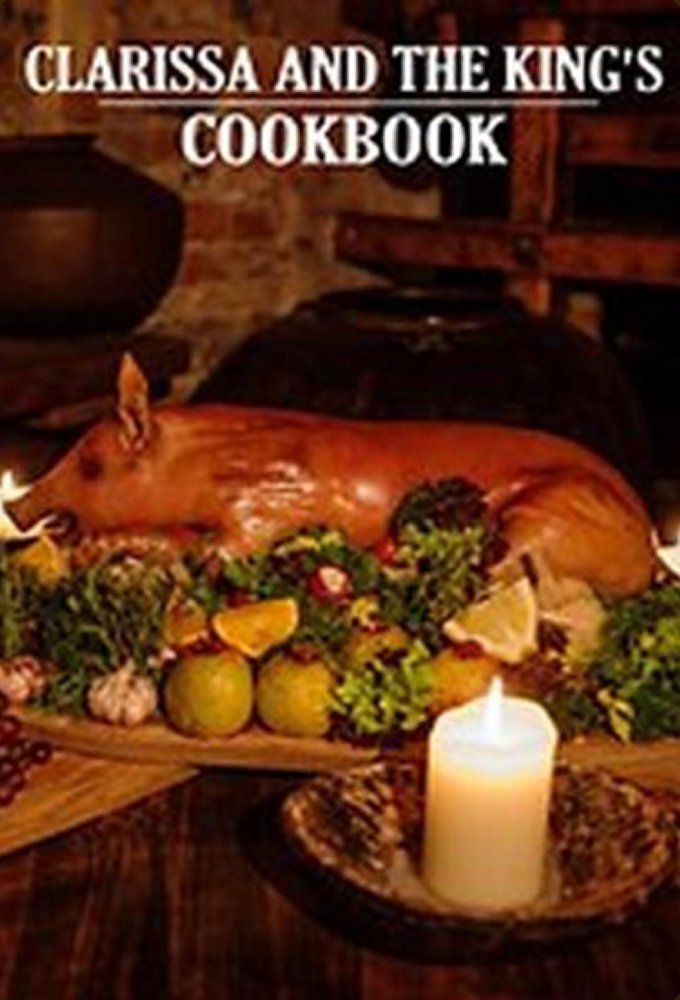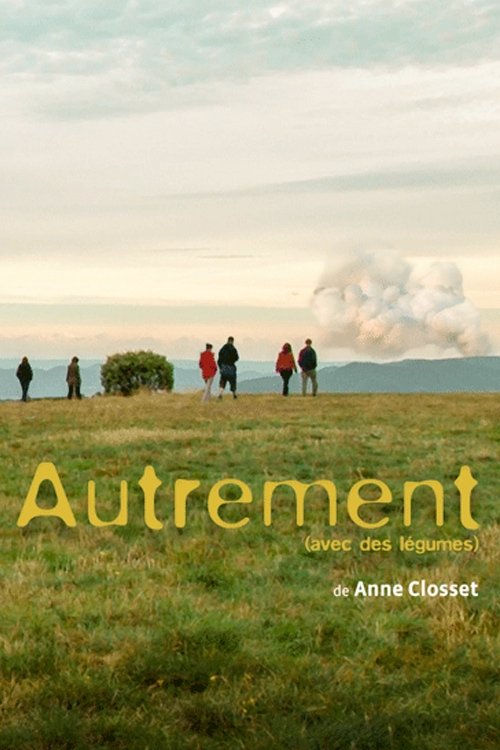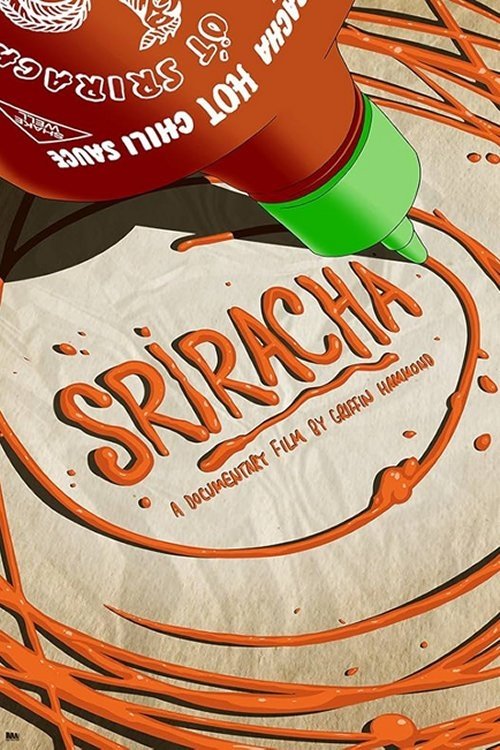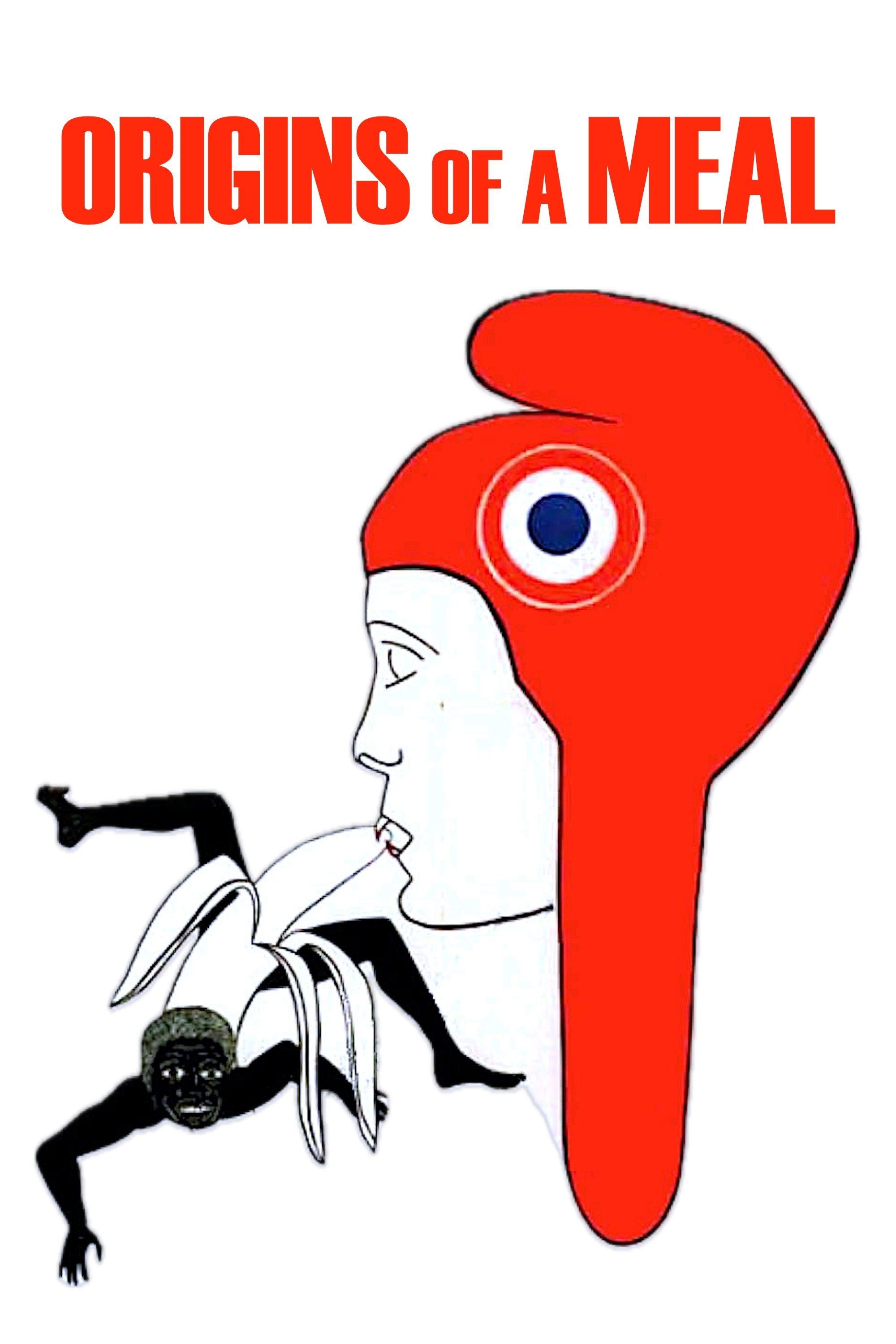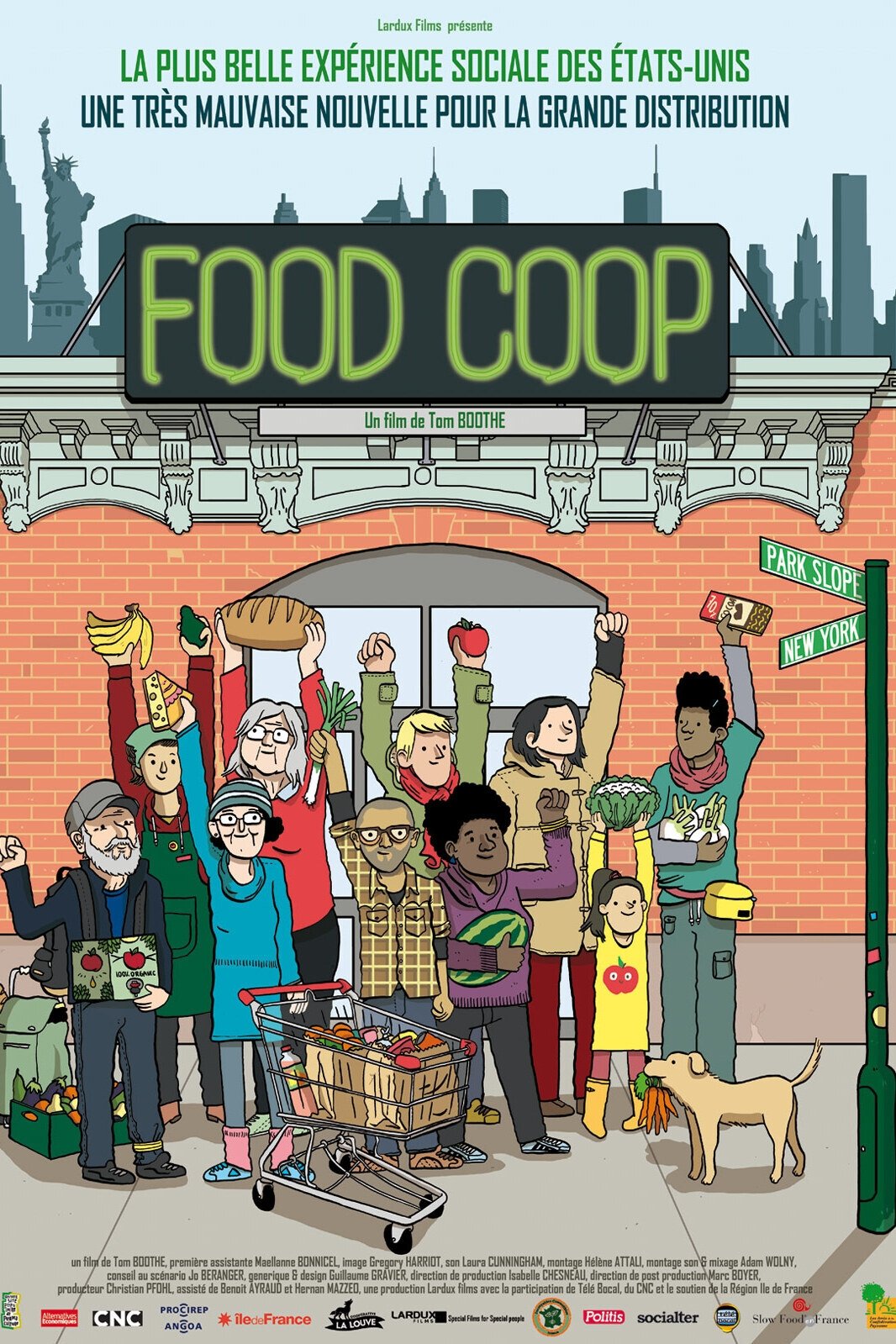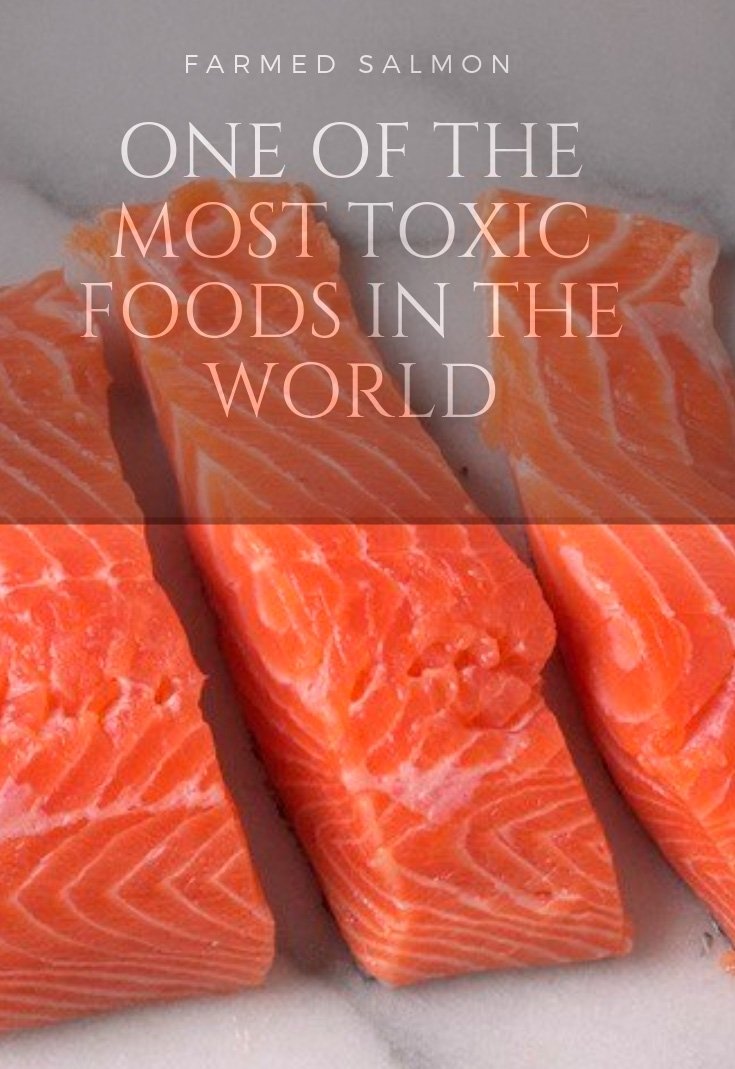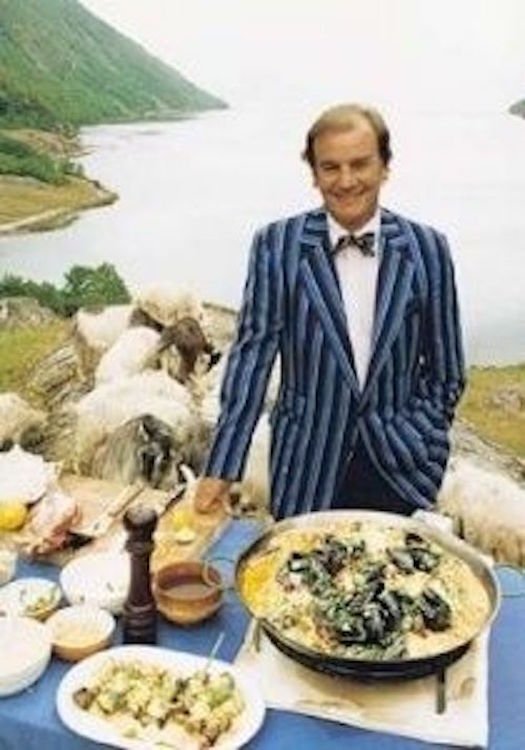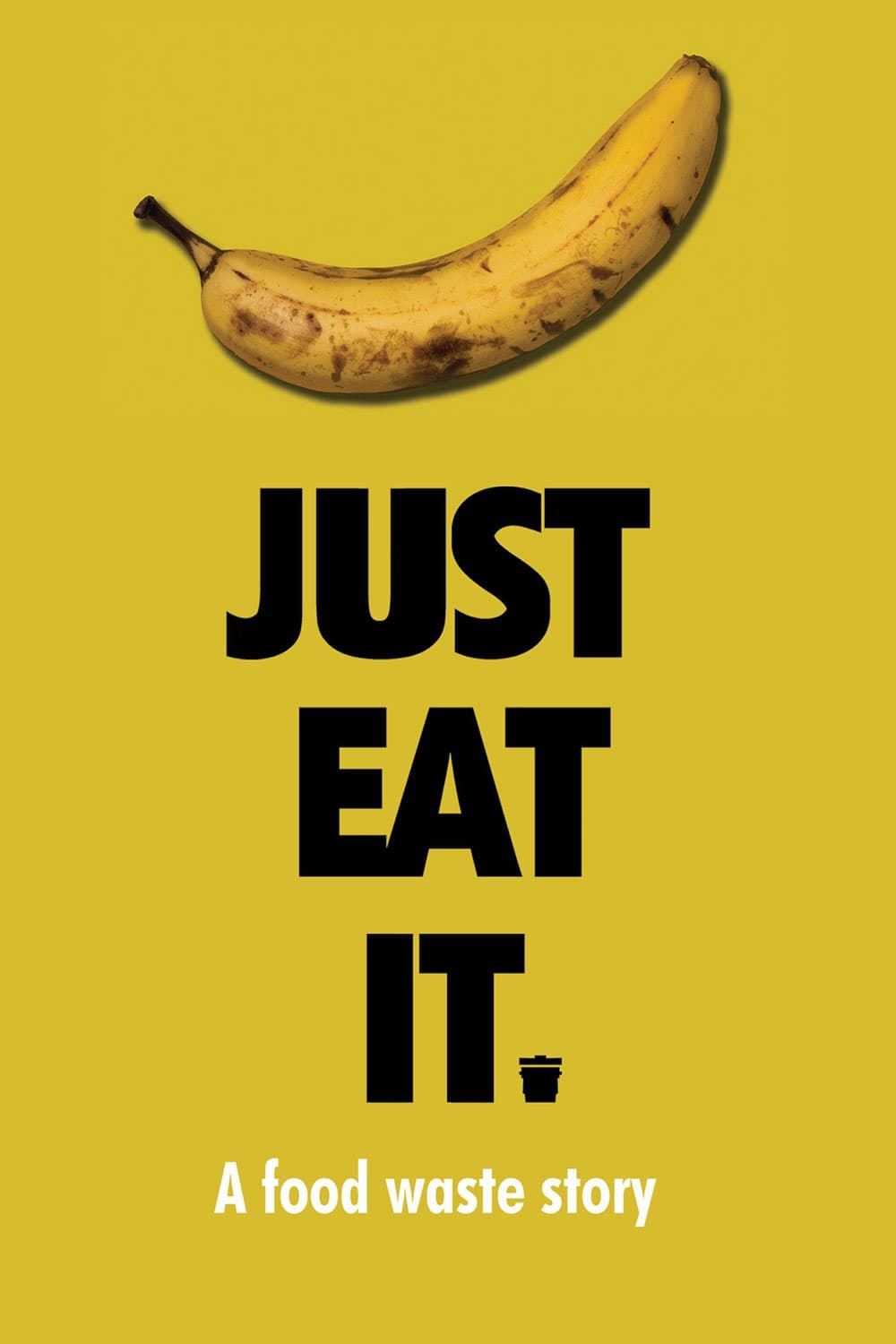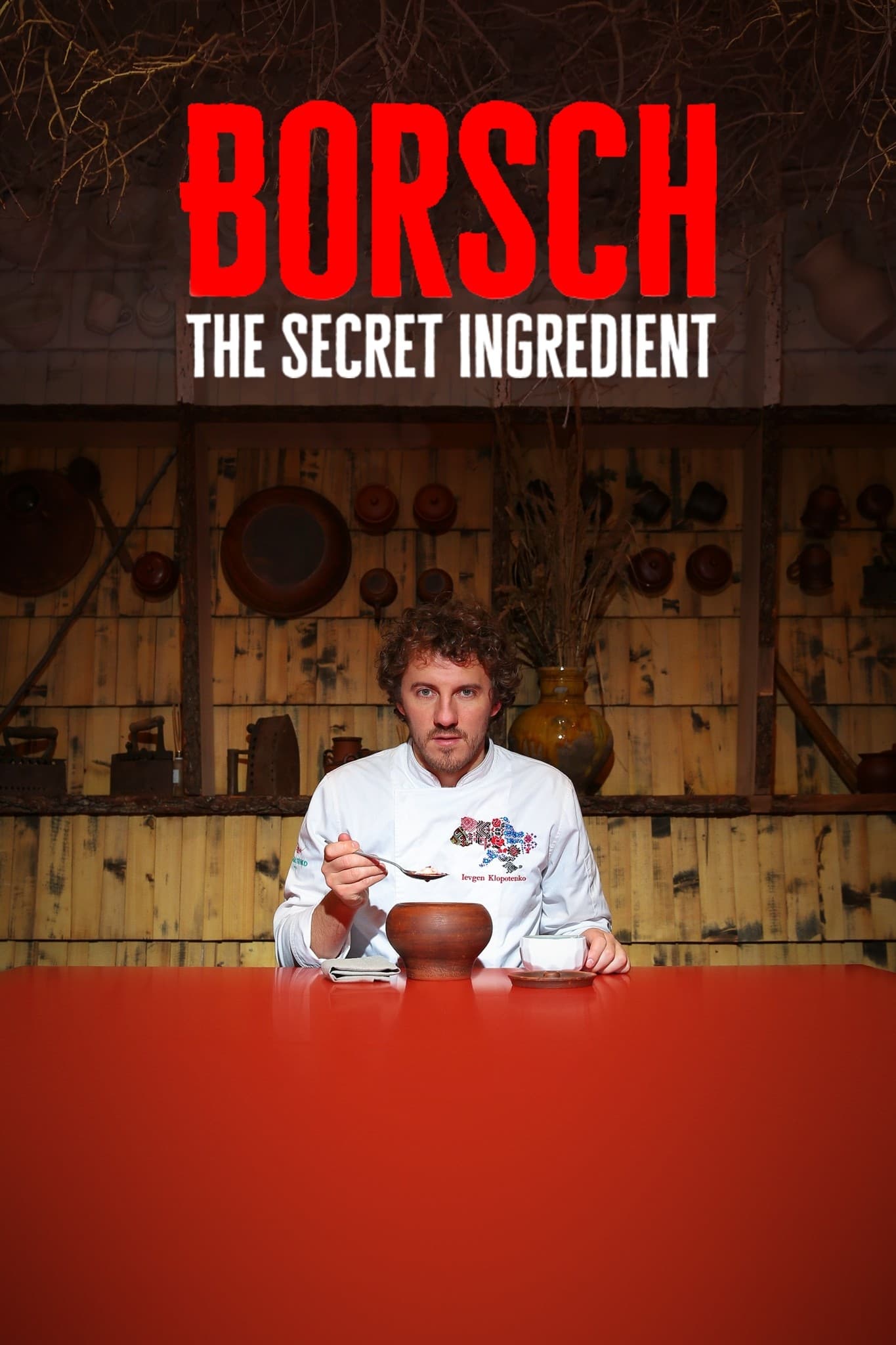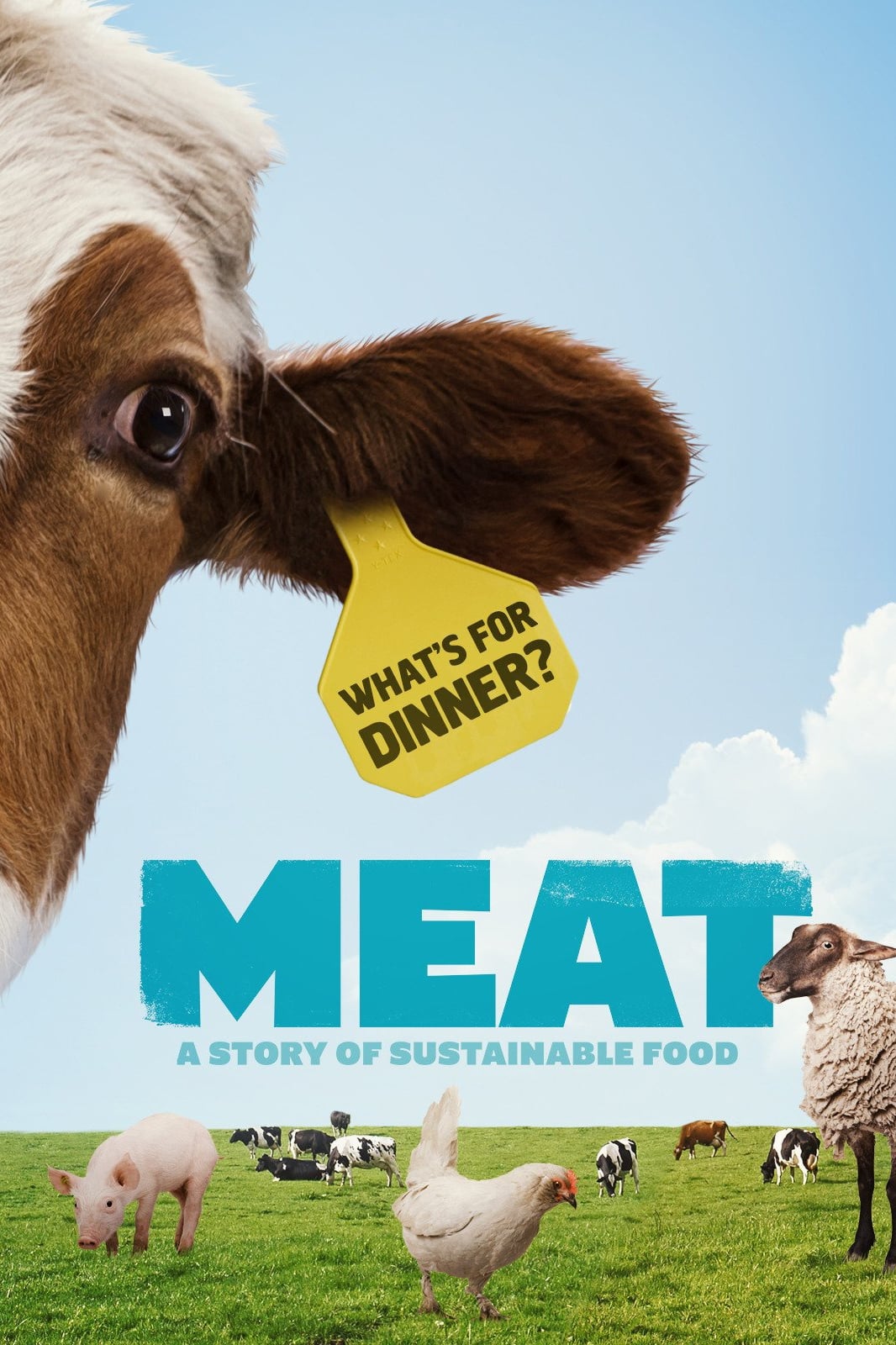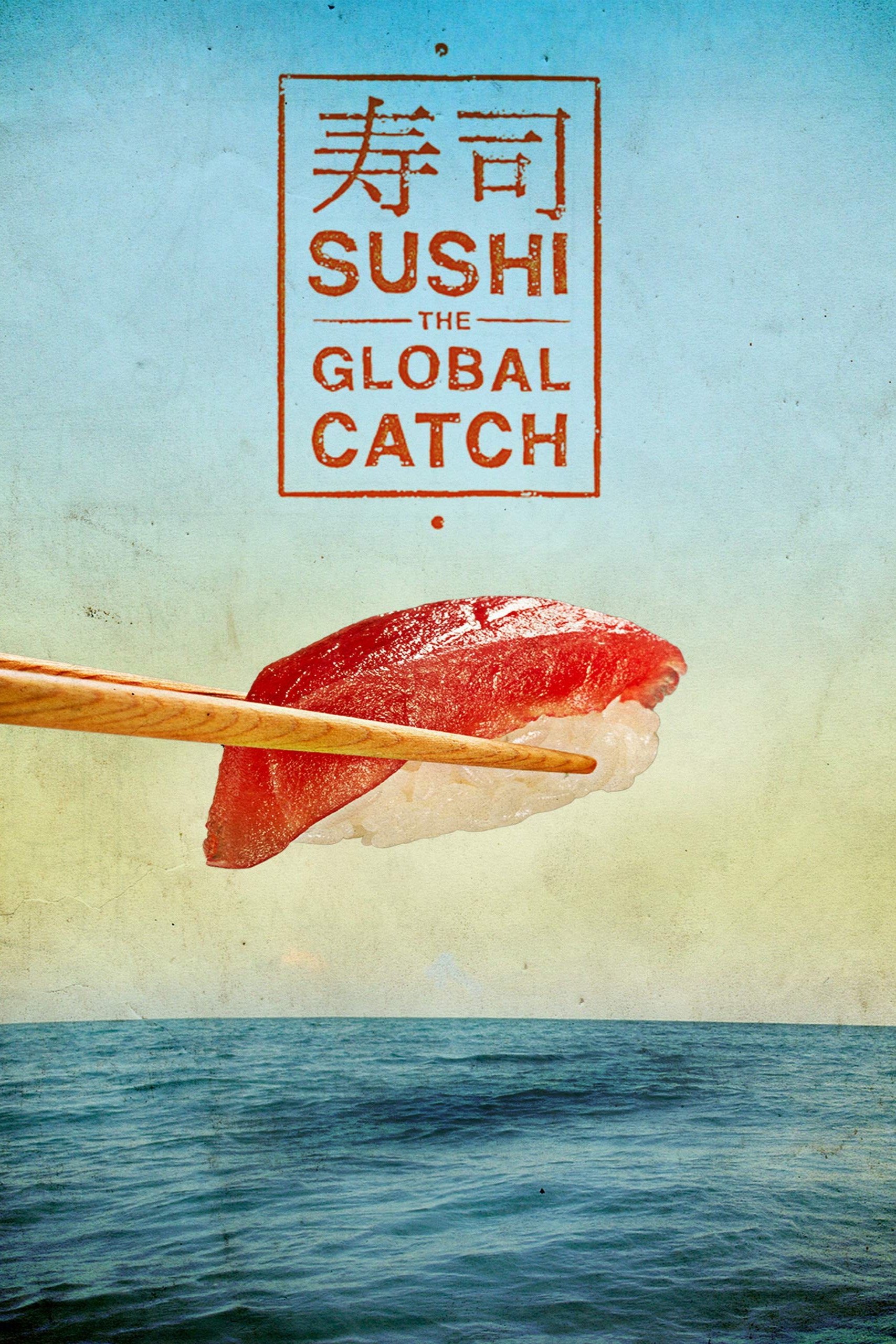
Sushi: The Global Catch (2012)
Overview
A look at the global sushi phenomenon and how the hunger for Blue Fin Tuna is impacting the ocean's stock.
Production Companies
Additional Info
| Budget | $0.00 |
|---|---|
| Revenue | $5,757.00 |
| Original Language | en |
| Popularity | 1.476 |
Directed By
Mark Hall
Crew
Mark Hall
TOP CAST
Similar Movies
Nanook of the North
This pioneering documentary film depicts the lives of the indigenous Inuit people of Canada's northern Quebec region. Although the production contains some fictional elements, it vividly shows how its resourceful subjects survive in such a harsh climate, revealing how they construct their igloo homes and find food by hunting and fishing. The film also captures the beautiful, if unforgiving, frozen landscape of the Great White North, far removed from conventional civilization.
Skinningrove
A photographer shares unpublished images chronicling time spent among the 'fiercely independent' residents of a remote English fishing village.
Britain's Favourite Foods - Are They Good for You?
Professor Alice Roberts discovers which are Britain's most popular fresh foods and uses the latest science to uncover the surprising health benefits of our favourite foods.
Clarissa & the King's Cookbook
Clarissa Dickson Wright tracks down Britain's oldest known cookbook, The Forme of Cury. This 700-year-old scroll was written during the reign of King Richard II from recipes created by the king's master chefs. How did this ancient manuscript influence the way people eat today? On her culinary journey through medieval history she reawakens recipes that have lain dormant for centuries and discovers dishes that are still prepared now.
Another Way: With Vegetables
This documentary film asks whether a citizens' experiment, the CSA (Community-supported Agriculture), developing new partnership models between consumers and farmers, has the power to change society.
Origins of a Meal
Bananas, eggs, and tuna: three basic foodstuffs with three wildly different points of origin. Moullet begins with these on his plate but constructs his film by working backwards and finding the sources for these items and how they reach our plates. As Moullet’s investigation deepens, however, the film moves beyond the confines of a simple exploration of food origins into more political and social realms, not only relating to food but also to the medium of film.
The Lonely Dorymen
For more than four centuries, young Portuguese fishermen have followed their fathers to the Grand Banks of Newfoundland and in recent years to Greenland’s banks to fish the cold waters for cod. Intrepid men, set off for the Banks on schooners under full sail, then adrift in a flat-bottomed dory, they bait the hundred of hooks of their long-line, oblivious to fog, rain and Arctic wind, they labour 18 hours a day and haul up cod by the score.
We Feed the World
A documentary that exposes the shocking truths behind industrial food production and food wastage, focusing on fishing, livestock and crop farming. A must-see for anyone interested in the true cost of the food on their plate.
Food Coop
In the middle of an economic crisis, in the shadow of Wall Street, an institution that represents a less well-known American tradition is booming. The Park Slope Food Coop: a cooperative supermarket where all 16,000 members work 3 hours per months to earn the right to buy the best food in New York at incredibly low prices. The success of this cooperative is a bad new for capitalism and aggro-alimentary business, and an opportunity to change the food production and distribution systems. We will see what has become of the Park Slope Food Coop, now a well-rooted institution in the heart of Brooklyn: the way it functions, its hundreds of rules, the diversity and eccentricity of its members. We'll see how the culture that has been created at the coop gives its members daily visceral lessons in democracy, how this could represent a potential change in mentality for Americans faced with increasingly difficult economic times.
Fish: Farming in Troubled Waters
Fish are an important part of the ecosystem and the human diet. Unfortunately, overfishing has depleted many fish stocks, and the proposed solution — fish farming — is creating far more problems than it solves. Not only are fish farms polluting the aquatic environment and spreading disease to wild fish, farmed fish are also an inferior food source, in part by providing fewer healthy nutrients; and in part by containing more toxins, which readily accumulate in fat. Farmed Salmon = Most Toxic Food in the World Salmon is perhaps the most prominent example of how fish farming has led us astray. Food testing reveals farmed salmon is one of the most toxic foods in the world, having more in common with junk food than health food.1 Studies highlighting the seriousness of the problem
Women on the Water
A documentary film from New Hampshire Sea Grant following the stories of women in New Hampshire's traditionally male-dominated seafood and aquaculture industries, why they chose to work on the water, the challenges they face, and the reasons they've stayed.
Keith Meets Keith
Keith Allen meets his long-term hero, Keith Floyd, who transformed the presentation of gastronomy on British television.
Just Eat It: A Food Waste Story
We all love food. As a society, we devour countless cooking shows, culinary magazines and foodie blogs. So how could we possibly be throwing nearly 50% of it in the trash? Filmmakers and food lovers Jen and Grant dive into the issue of waste from farm, through retail, all the way to the back of their own fridge. After catching a glimpse of the billions of dollars of good food that is tossed each year in North America, they pledge to quit grocery shopping and survive only on discarded food. What they find is truly shocking.
Borsch: The Secret Ingredient
Meat-based or vegetarian, with or without beans, potatoes in or out, tomato sauce or real tomatoes added, dried mushrooms or smoked pears, or maybe just mom's borsch? Which variant should be considered "the real thing"? The battles have been lasting for years. That is why Yevhen Klopotenko, a well-known chef, sets out on a journey across Ukraine to uncover the most fascinating borsch recipes and to find the secret ingredients which make this dish unique.
Food Evolution
As society tackles the problem of feeding our expanding population safely and sustainably, a schism has arisen between scientists and consumers, motivated by fear and distrust. Food Evolution, narrated by Neil deGrasse Tyson, explores the polarized debate surrounding GMOs. Looking at the real-world application of food science in the past and present, the film argues for sound science and open-mindedness in a culture that increasingly shows resistance to both.
King Corn
King Corn is a fun and crusading journey into the digestive tract of our fast food nation where one ultra-industrial, pesticide-laden, heavily-subsidized commodity dominates the food pyramid from top to bottom – corn. Fueled by curiosity and a dash of naiveté, two college buddies return to their ancestral home of Greene, Iowa to figure out how a modest kernel conquered America. With the help of some real farmers, oodles of fertilizer and government aide, and some genetically modified seeds, the friends manage to grow one acre of corn. Along the way, they unlock the hilarious absurdities and scary but hidden truths about America’s modern food system in this engrossing and eye-opening documentary.

